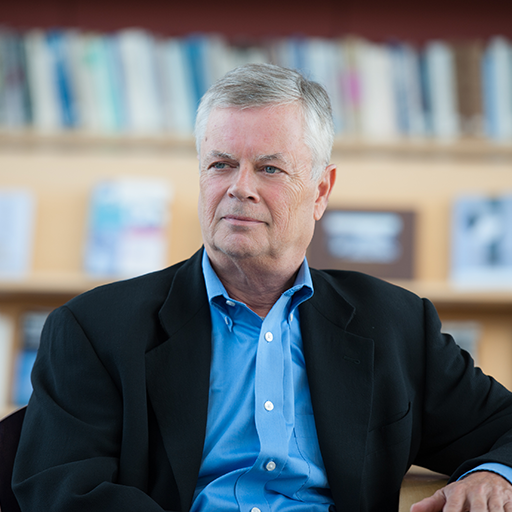
It was on a pedestal overlooking an evocative reflecting pool at the center of the airport that the architect, Eero Saarinen, hoped would calm travelers' turbulent spirits. Then, in what became a newsreel clip seen around the world, Kennedy pulled back a curtain and unveiled the airport's symbolic centerpiece: a larger-than-life bust of John Foster Dulles. I know of few families and certainly few contemporaries who rendered more distinguished and dedicated service to their country." Lansing their grandfather, who was secretary of state, Mr. "He was a member of an extraordinary family: his brother, Allen Dulles, who served in a great many administrations, stretching back, I believe, to President Hoover, all the way to this one John Foster Dulles, who at the age of 19 was, rather strangely, the secretary to the Chinese delegation to The Hague, and who served nearly every Presidential administration from that time forward to his death in 1959 their uncle, who was secretary of state, Mr. "How appropriate it is that this should be named after Secretary Dulles," Kennedy said in his speech.

On November 17, 1962, with both Eisenhower and Allen Dulles watching, he presided over the official opening of Dulles International Airport. Pressure on Kennedy grew, and he finally relented. One of them was Dulles's brother, Allen, who had run the Central Intelligence Agency for nearly a decade. He left open the possibility that a terminal might be named for Dulles. As the airport neared completion, the chairman of the Federal Aviation Authority announced that it would be named Chantilly International. Kennedy, did not want to name an ultra-modern piece of America's future after a crusty Cold War militant. Two months later, Eisenhower signed an executive order decreeing that in tribute to this towering figure, the new super-airport being built at Chantilly, Virginia, would be named Dulles International.Įnthusiasm for this idea waned after Eisenhower left the White House in 1961. Many who watched agreed that the world had lost, as President Eisenhower said in his eulogy, "one of the truly great men of our time."

It was broadcast live on the ABC and CBS television networks. Dignitaries from around the world, led by Chancellor Konrad Adenauer of West Germany and President Chiang Kai-shek of Taiwan, came to the funeral. Thousands lined up outside the National Cathedral in Washington to pass by his bier. When John Foster Dulles died on May 24, 1959, a bereft nation mourned more intensely than it had since the death of Franklin Roosevelt fourteen years before.


 0 kommentar(er)
0 kommentar(er)
